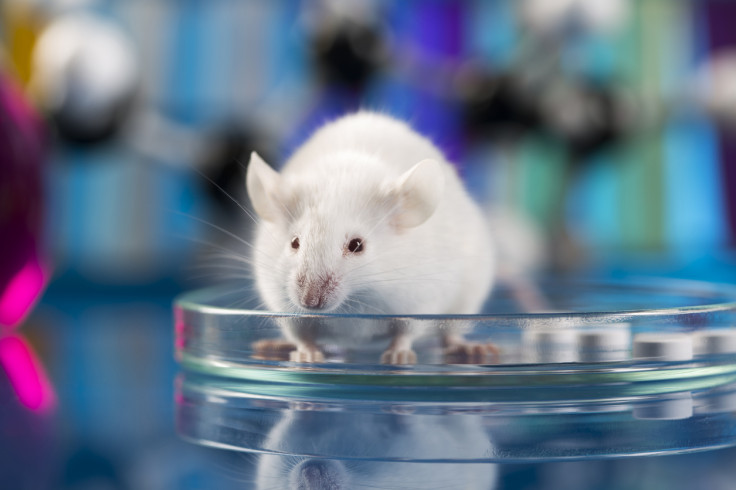Genetically engineered 'mutant mice' created by scientists to combat cocaine addiction
Research findings could help develop new treatments to help users kick serious drug habits.

Canadian researchers have genetically engineered mice to give them properties that may stop them being addicted to cocaine - and may be able to apply their findings to humans.
The scientists say the mice have higher levels of a protein that usually strengthens connections between brain cells. Scientists believed that this would make them more inclined towards addictive behaviour, but found that the opposite was true.
Non-GM and GM mice were given quantities of cocaine and then put in a section of a cage with distinctive patterns on the wall.
Within days of being injected over four days with the class-A stimulant, the mice would associate the cocaine with the distinctive "wallpaper".
The non-GM mice would nearly always head for the compartment with the cocaine, while the GM mice spent around half as much time there. This led researchers to formulate the conclusion that the latter animals were less interested in the drug and its associative high.
Professor Shernaz Bamji of the University of British Columbia, one of the researchers in the study, believes that these findings could help to develop new treatments to combat drug addiction.
"For normal learning, we need to be able to both weaken and strengthen synapses," she said.
"That plasticity allows for the pruning of some neural pathways and the formation of others, enabling the brain to adapt and to learn.
"Ideally, we would need to find a molecule that blocks formation of a memory of a drug-induced high, while not interfering with the ability to remember important things."
Andrea Globa, a research student who also took part in the report, published in the journal Nature Neuroscience, said: "Through genetic engineering, we hard-wired in place the synapses in the reward circuits of these mice.
She added: "By preventing the synapses from strengthening, we prevented the mutant mice from 'learning' the memory of cocaine, and thus prevented them from becoming addicted."
A report by the UK government's advisory council on the misuse of drugs (ACMD) found that almost one in 10 (9.4%) of all 16-to-59-year-olds have used cocaine. It is the second most widely used illegal drug, with cannabis the most popular.
© Copyright IBTimes 2025. All rights reserved.






















